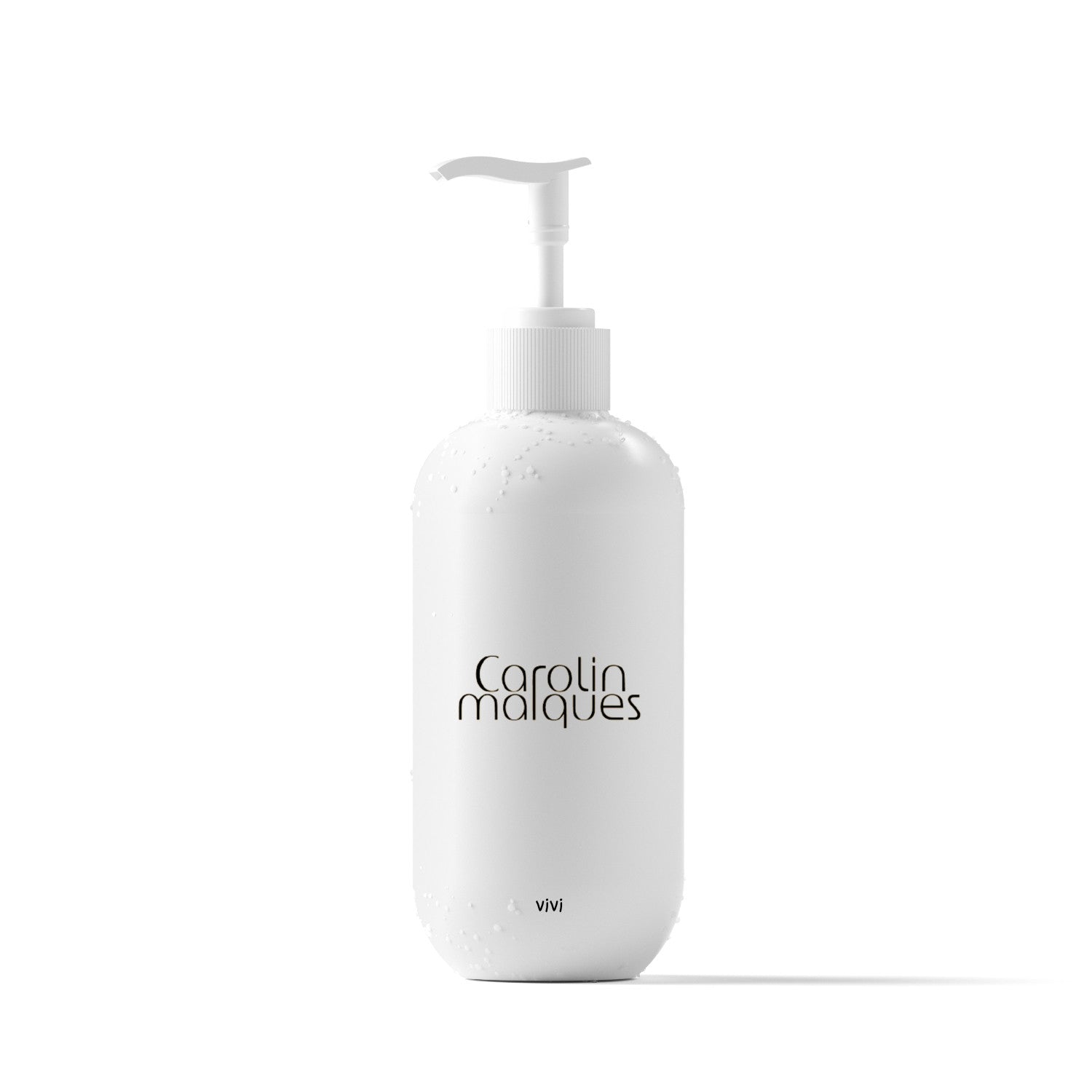When we think of nutrition, we often focus on food for energy and health — but our skin is our largest organ, and it needs nourishment just as much as the rest of our body. “Body skin nutrition” isn’t only about what you apply topically; it’s a combination of what you eat, how you hydrate, and how you care for your skin every day.
1. Nourish Your Skin from Within
Healthy skin starts in the kitchen. The nutrients you consume directly affect your skin’s elasticity, hydration, and glow.
- Protein: Collagen and elastin are made from amino acids. Include lean meats, eggs, legumes, and nuts to help rebuild and maintain skin strength.
- Healthy fats: Omega-3 fatty acids from salmon, chia seeds, and walnuts help maintain the skin’s lipid barrier, keeping it soft and hydrated.
- Antioxidants: Vitamins A, C, and E from fruits and vegetables fight free radicals that cause premature aging. Think berries, spinach, citrus, and avocados.
- Zinc & Selenium: Found in pumpkin seeds, shellfish, and whole grains — these trace minerals support wound healing and protect against inflammation.
And don’t forget hydration. Drinking enough water supports cell turnover and flushes out toxins that can cause dullness or breakouts.
2. Care for Your Skin Externally
Feeding your skin doesn’t stop at your diet. What you apply topically is equally important for maintaining the skin’s health and resilience.
Cleansing
Start with a gentle cleanser that removes impurities without stripping natural oils. Avoid harsh soaps that can disrupt the skin barrier.
Exfoliation
Regular exfoliation (1–2 times per week) helps remove dead skin cells and improve absorption of moisturizers. Use mild scrubs or chemical exfoliants like lactic or glycolic acid — depending on your skin type.
Moisturizing
A good moisturizer seals in hydration and supports the skin barrier. Look for ingredients like:
- Ceramides: Restore the natural barrier.
- Hyaluronic acid: Retains water for plumper skin.
- Shea butter or jojoba oil: Nourish and soften dry areas.
Sun Protection
SPF is the ultimate anti-aging ingredient. Apply sunscreen (SPF 30 or higher) every day, even on cloudy days, to protect against UV damage and dark spots.
3. Lifestyle Habits for Radiant Skin
- Sleep well: The skin regenerates during rest. Aim for 7–9 hours nightly.
- Exercise regularly: Boosts circulation and oxygen delivery to skin cells.
- Reduce stress: Chronic stress can lead to inflammation and breakouts — try mindfulness, yoga, or journaling.
- Avoid smoking & excessive alcohol: Both deplete essential nutrients and damage collagen.
4. Treating Your Body Skin — A Ritual
A simple yet effective routine might look like this:
-
Morning:
- Shower with a mild cleanser.
- Apply a hydrating body lotion or oil while your skin is still damp.
- Use sunscreen on exposed areas (neck, arms, legs).
-
Evening:
- Gently cleanse or rinse the skin.
- Exfoliate twice a week.
- Massage in a richer body butter or overnight treatment to lock in moisture.
Think of your skin as a reflection of your overall well-being. A balanced diet, mindful skincare routine, and consistent self-care habits create healthy, glowing skin that lasts. True skin nutrition happens when inner nourishment meets outer care — it’s the perfect partnership.


